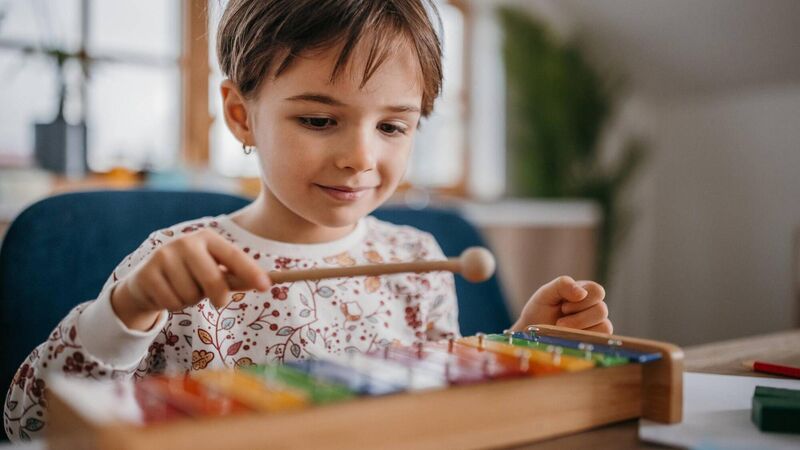Music therapy has huge benefits for children but it's still not officially recognised in Ireland

Humans have felt the therapeutic powers of music for millennia. Ancient civilisations, from Australian Aboriginals to the wonderful swirling dervishes of Islam, have based much of their societies and spirituality on the rhythms and sounds of music.
Humans have felt the therapeutic powers of music for millennia. Ancient civilisations, from Australian Aboriginals to the wonderful swirling dervishes of Islam, have based much of their societies and spirituality on the rhythms and sounds of music.
In the West, the likes of Mozart and McCartney have moved societal mountains with their talents. Yet, it is only recently that medicine has begun to recognise music’s ability to heal in a more formal setting.
Already a subscriber? Sign in
You have reached your article limit.
Subscribe to access all of the Irish Examiner.
Annual €130 €80
Best value
Monthly €12€6 / month
Introductory offers for new customers. Annual billed once for first year. Renews at €130. Monthly initial discount (first 3 months) billed monthly, then €12 a month. Ts&Cs apply.
CONNECT WITH US TODAY
Be the first to know the latest news and updates








